Hope is the struggle of the soul, breaking loose from what is perishable, and attesting her eternity
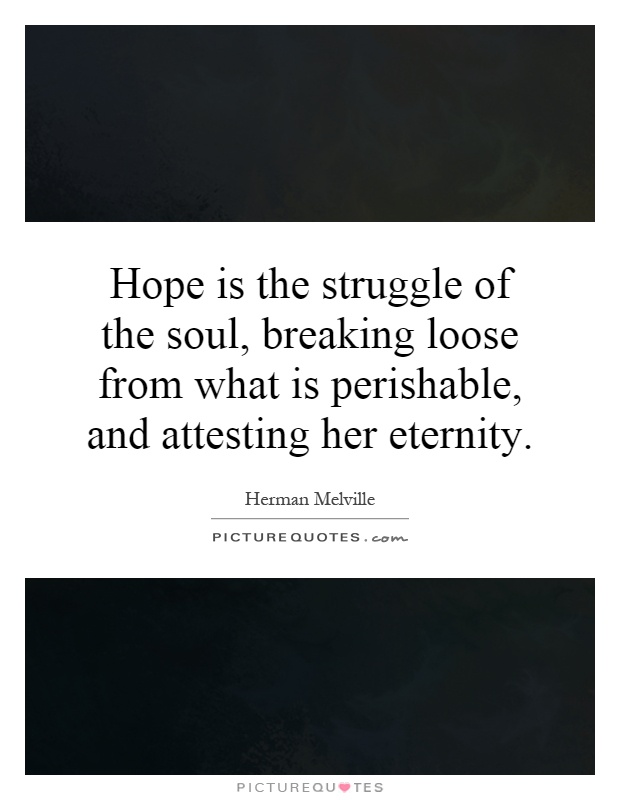
Hope is the struggle of the soul, breaking loose from what is perishable, and attesting her eternity
Herman Melville, the renowned American author best known for his masterpiece "Moby-Dick," was a writer who delved deep into the complexities of the human soul. His works often explored themes of isolation, obsession, and the struggle for meaning in a chaotic world. One of the recurring motifs in Melville's writing is the concept of hope as a powerful force that drives individuals to transcend their earthly limitations and reach for something greater.In Melville's works, hope is portrayed as a beacon of light in the darkness, a source of strength that sustains the human spirit in times of despair. It is the belief in a better future, the conviction that there is meaning and purpose in the midst of suffering. Melville understood that hope is not a passive emotion, but a dynamic force that propels individuals to take action, to strive for something beyond themselves.
The quote "Hope is the struggle of the soul, breaking loose from what is perishable, and attesting her eternity" encapsulates Melville's view of hope as a transformative and transcendent force. For Melville, hope is not just a fleeting emotion, but a profound and enduring aspect of the human experience. It is the struggle of the soul to break free from the limitations of the material world and affirm its eternal nature.
In Melville's novel "Moby-Dick," hope is embodied in the character of Captain Ahab, a man consumed by a relentless quest for revenge against the white whale that maimed him. Ahab's hope is not just a desire for vengeance, but a deeper yearning for meaning and purpose in a world that seems indifferent to his suffering. Despite the futility of his quest, Ahab's hope drives him to pursue his elusive quarry to the ends of the earth, symbolizing the power of hope to transcend even the most desperate circumstances.
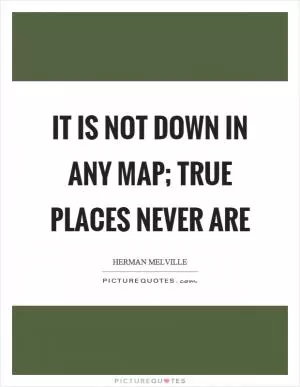
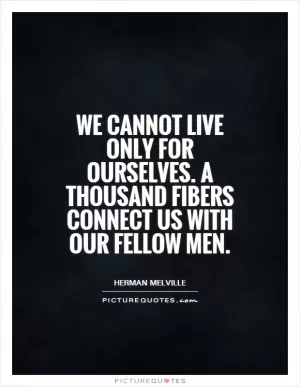
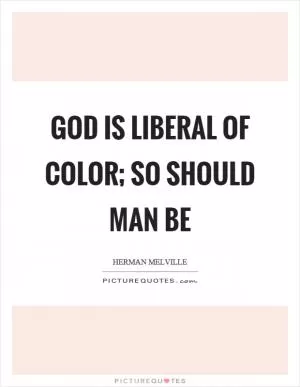
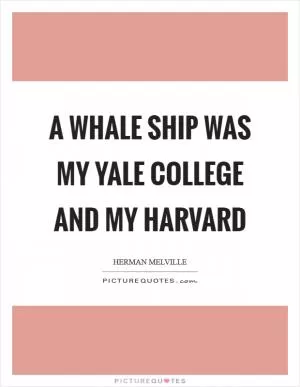

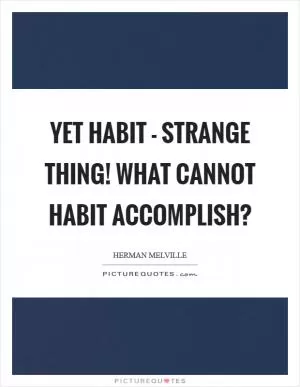
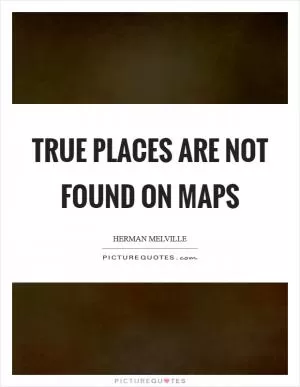
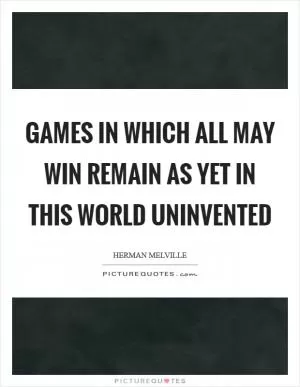


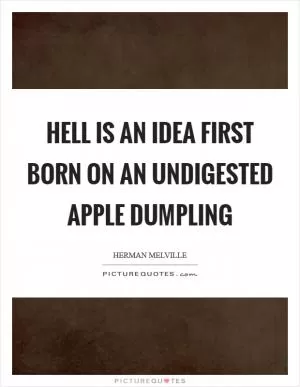
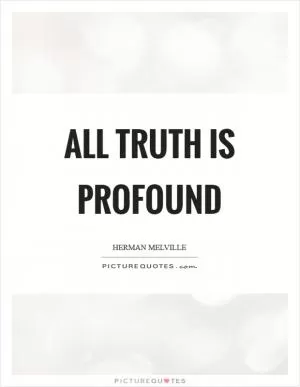
 Friendship Quotes
Friendship Quotes Love Quotes
Love Quotes Life Quotes
Life Quotes Funny Quotes
Funny Quotes Motivational Quotes
Motivational Quotes Inspirational Quotes
Inspirational Quotes